
The Alluring Aromas of Antiquity: Tonka Scent and Beyond
The world of aromas is a captivating realm, a sensory journey that transcends time and space. From ancient civilizations to
Skincare is a journey unique to each individual, yet it’s often clouded by a myriad of misconceptions that can mislead even the most diligent among us. Today, we’re going to debunk some of the most common skincare myths and shed light on the facts.
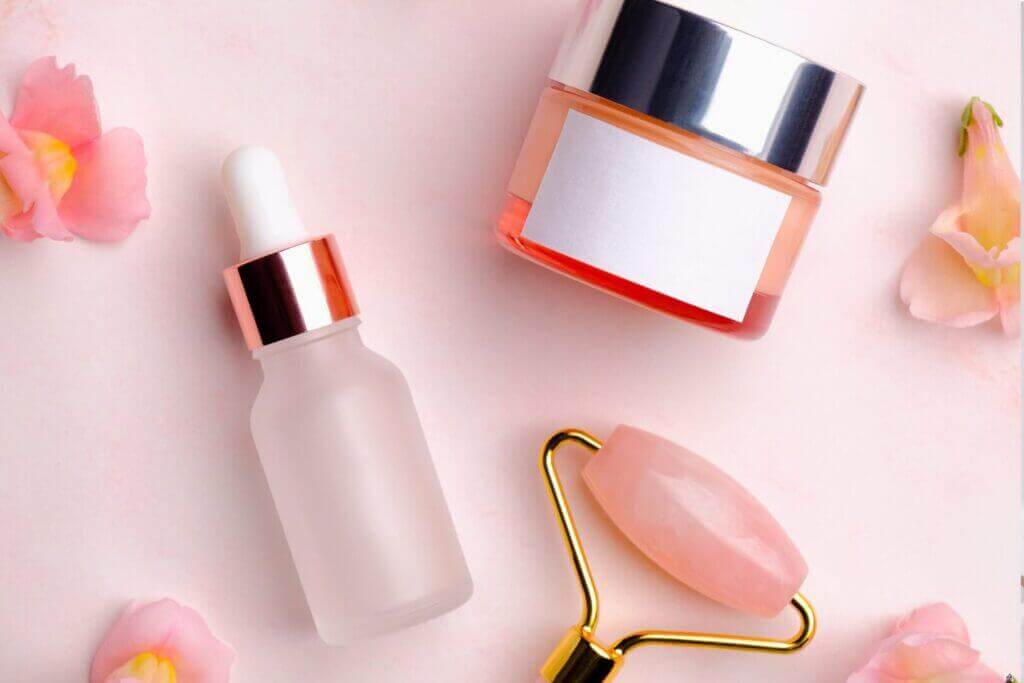
It’s easy to believe that a hefty price tag equates to superior quality, but when it comes to skincare, this isn’t always the case. Effective skincare depends on the right ingredients and formulations that suit your skin type, not the price. Skincare products should be carefully formulated with clean pure ingredients.

UV rays are ever-present, rain or shine. Clouds might provide shade, but they don’t block the harmful UVA and UVB rays that contribute to skin aging and damage. Daily sunscreen use is a crucial step in protecting your skin, regardless of the weather.
“We often equate a sunburn with it being sunny, but that’s not the case. Some of the worst sunburns occur on the cold ski slopes — a combination of the altitude and UV exposure — or on days spent fishing, exacerbated by the UV reflection off the water. The sun emits harmful UV light, also known as UV radiation, which is a carcinogen. It reaches the earth’s surface in various degrees depending on its proximity and angle to the sun. The ozone layer — which is being depleted — absorbs many of the harmful rays, and the clouds can block some of the sun’s UV light, but neither block all the harmful radiation, and people often get a false sense of security.” Dr. Mona Mofid, Dermatologist – Sharp Community Medical Group

Exfoliation is a vital part of any skincare routine, but over-exfoliation can strip the skin of its natural oils, leading to irritation and sensitivity. Gentle exfoliation is key; it’s not about the pressure, but the regularity and quality of the exfoliant.

The ‘no pain, no gain’ philosophy has no place in skincare. A burning sensation is often a sign of irritation or an allergic reaction, not effectiveness. Skincare should be a soothing experience, and if a product causes discomfort, it’s best to discontinue use.
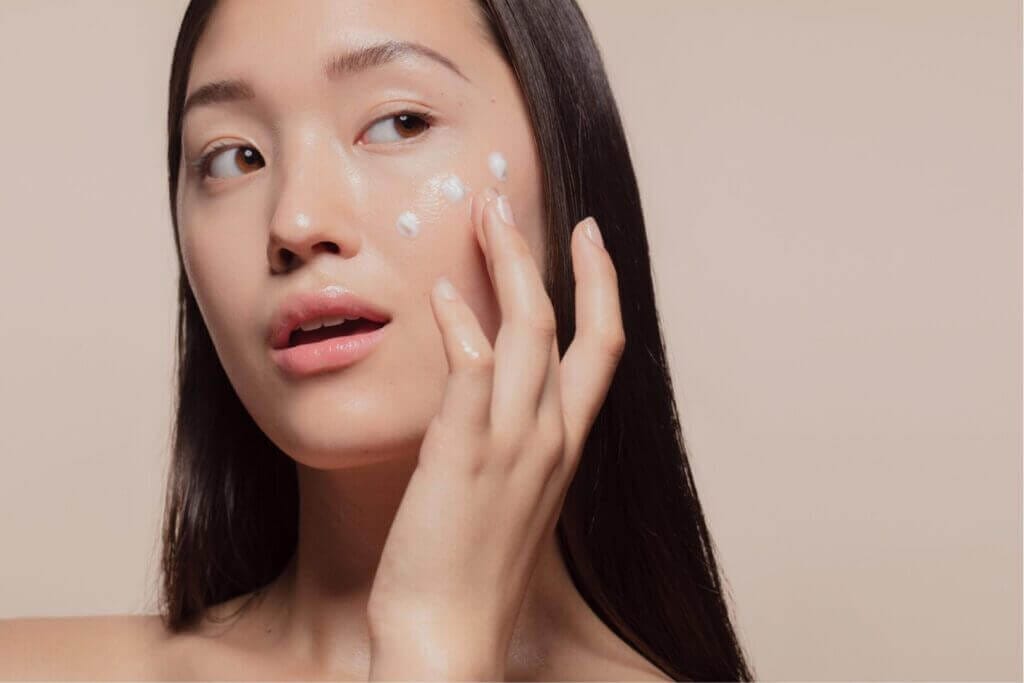
Contrary to popular belief, oily skin needs hydration just as much as any other skin type. Skipping moisturizer can actually lead to an increase in oil production as the skin tries to compensate for the lack of moisture. The key is to find a lightweight, non-comedogenic moisturizer that hydrates without clogging pores.
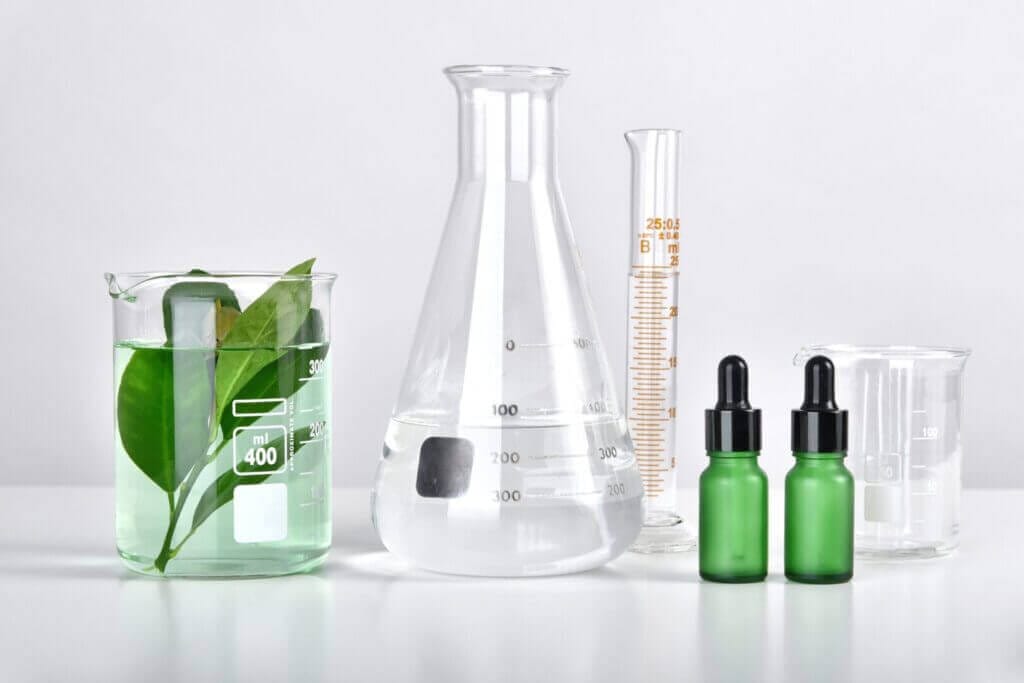
Natural doesn’t always mean better or safer. Some natural ingredients can be harsh or irritating, especially on sensitive skin. It’s important to research and patch-test any new product, natural or synthetic, to ensure it’s compatible with your skin. Potency No. 710 products are formulated by founder Mandy Lile who is a talented aesthetician. She knows and understands that the right natural ingredients in the right combinations will always be better than synthetic products.
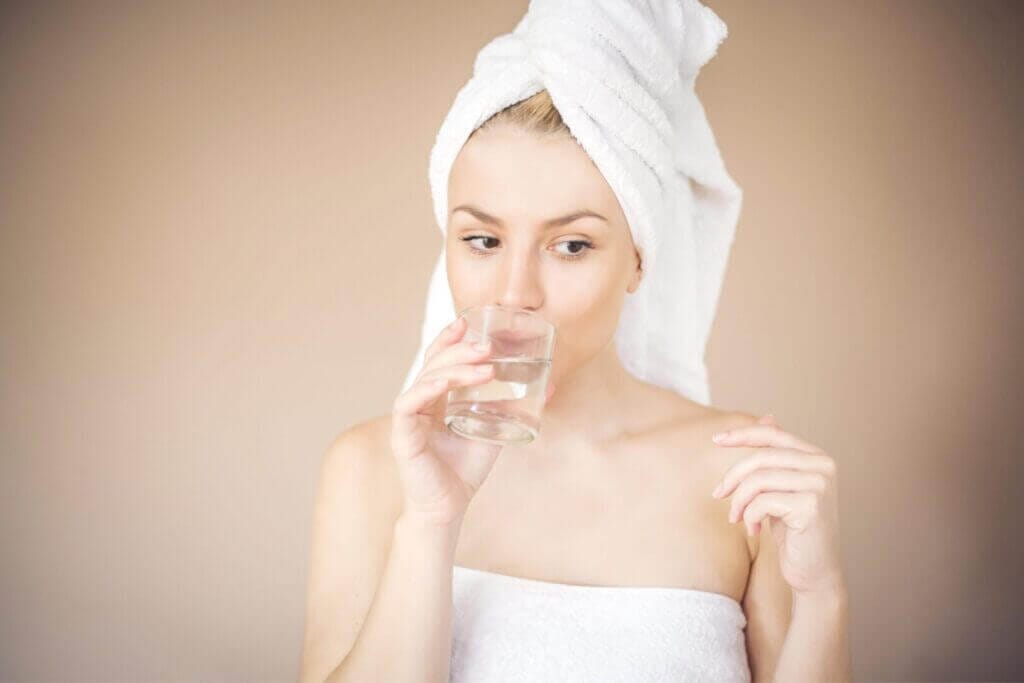
While staying hydrated is crucial for overall health, drinking water alone won’t necessarily hydrate your skin. Skin hydration depends on a combination of factors, including the use of moisturizers that help to lock in moisture and protect the skin barrier. Drink water, eat fresh fruits and vegetables, and use quality hydrating and moisturizing products like our White Water Serum, Modern Mist, Gold Serum, and Higher Good.
“As a dermatologist, I don’t recommend hydrating with water for the purpose of hydrating your skin. Even if you do hydrate excessively, there’s no guarantee that water will go specifically to the skin.” – Carolyn Jacob, MD, board-certified dermatologist and director of Chicago Cosmetic Surgery and Dermatology

Age isn’t always the best indicator of what your skin needs. It’s more important to understand your skin type and concerns. A person in their 20s may need anti-aging products if they have premature signs of aging, while someone older with oily skin might benefit from products typically marketed to younger people. Remember it is never too early or too late to start an effective skincare routine!
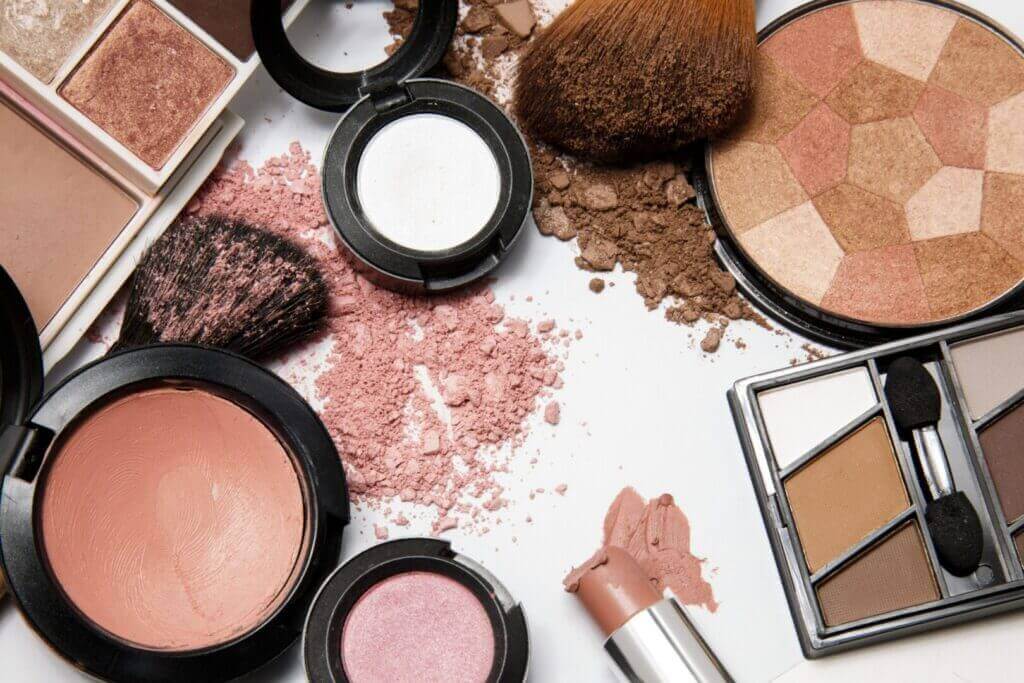
It’s not makeup itself that causes acne, but rather not removing it properly. Makeup can clog pores if left on too long or if you’re using products that aren’t suitable for your skin type. Always thoroughly cleanse your skin to remove makeup and impurities.
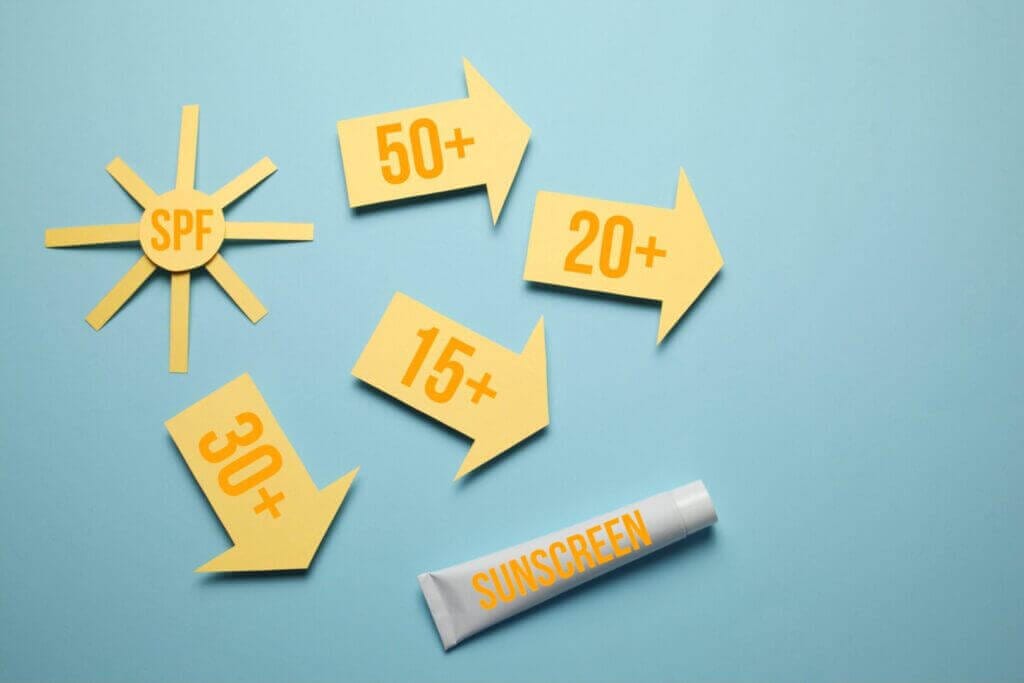
SPF (Sun Protection Factor) measures protection against UVB rays, not the duration of exposure. No matter the SPF, sunscreen should be reapplied every two hours, or more frequently if swimming or sweating. Curious what the benefits are of mineral sunscreens vs. other sunscreen options? Check out our blog here.

When it comes to skincare products, it’s important to be aware of certain ingredients that might be harmful or irritating to the skin. Here are some common ingredients that are best to avoid:
Skincare is deeply personal and what works for one person may not work for another. It’s essential to listen to your skin, do your research, and remember that sometimes, less is more. By dispelling these myths, we can all take a step towards a more informed and effective skincare routine. When you are ready for a skincare routine that you can not only stick with but will crave because results are simply undeniable, we invite you to try Potency No. 710.

The world of aromas is a captivating realm, a sensory journey that transcends time and space. From ancient civilizations to

As the founder of Potency No. 710, I am thrilled to share what lies ahead for 2025. This past year

Summertime is a fun time. It brings millions of tourists to beaches, lakes, and other travel destinations around the world.
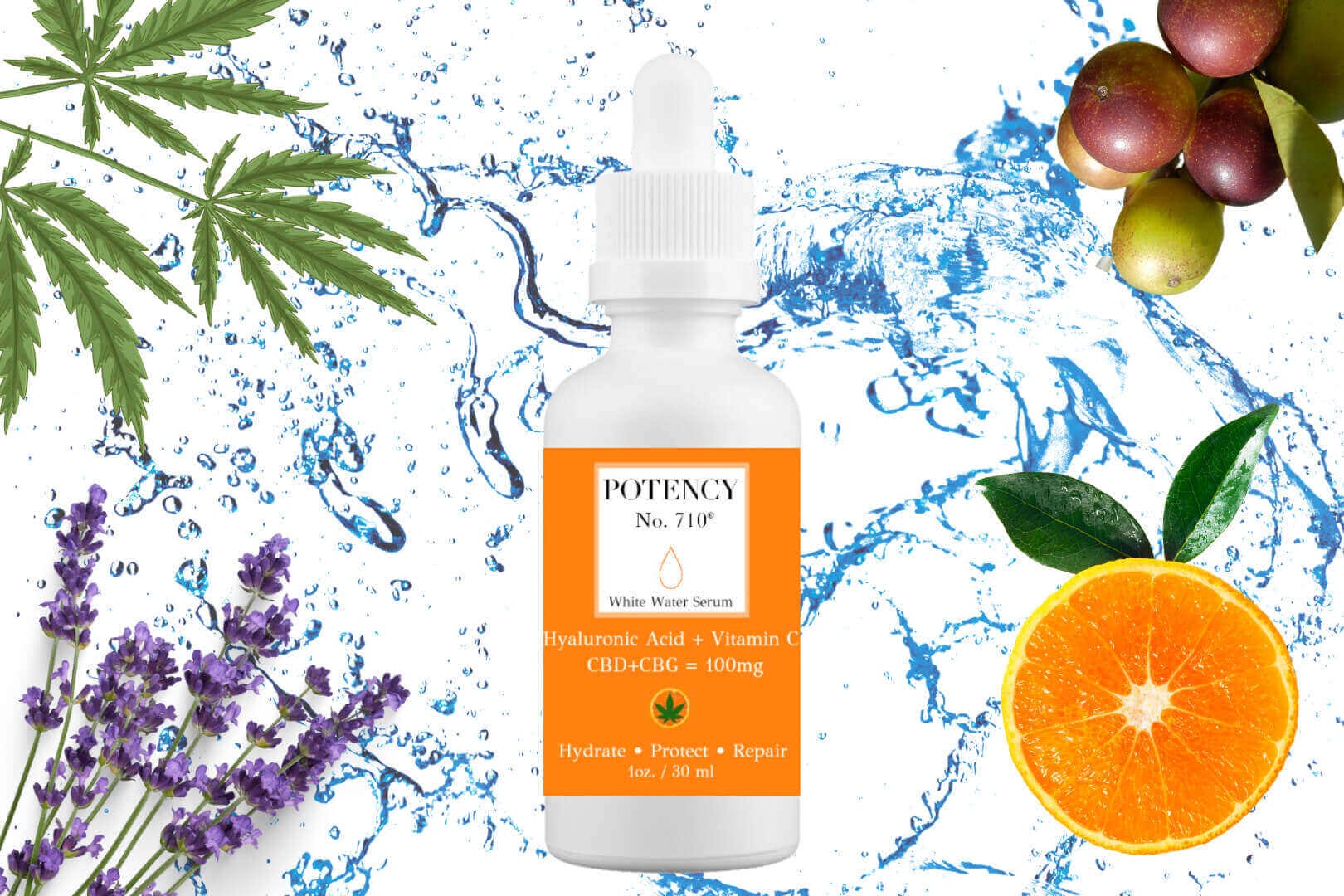
The White Water Serum is the latest powerhouse in the Potency No. 710 plant-based lifestyle product lineup! This water-based serum

Nonsteroidal anti-inflammatory drugs (NSAIDs) are commonly prescribed to manage pain and inflammation. However, their overprescription and associated side effects have

Imagine sinking into a luxurious bath, the stress of the day melting away as your skin drinks in the natural